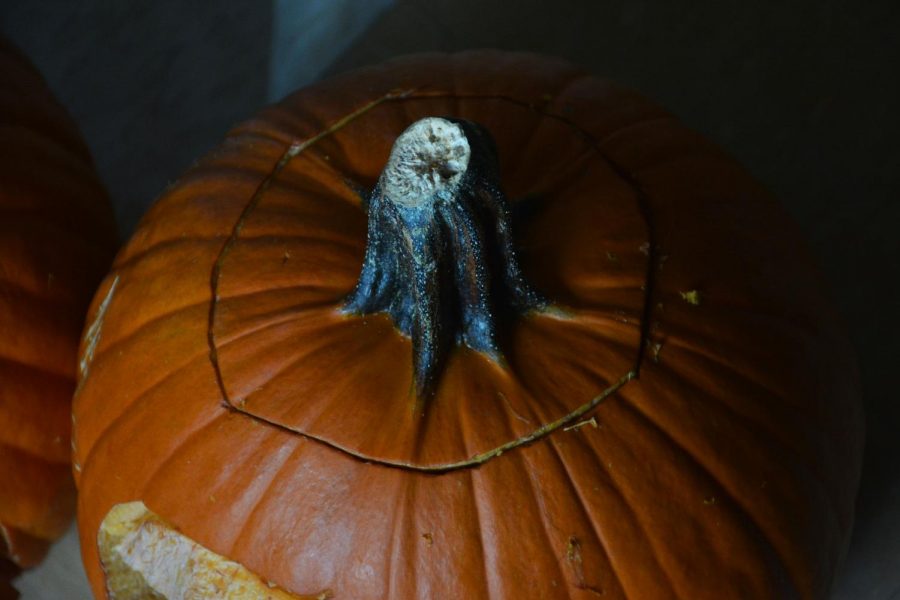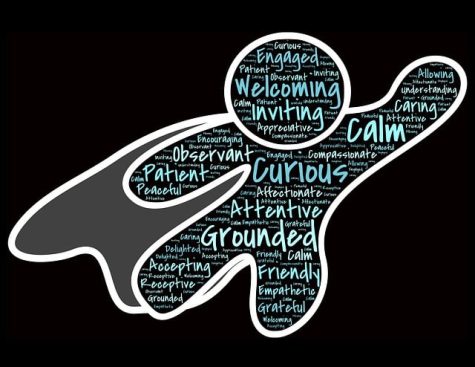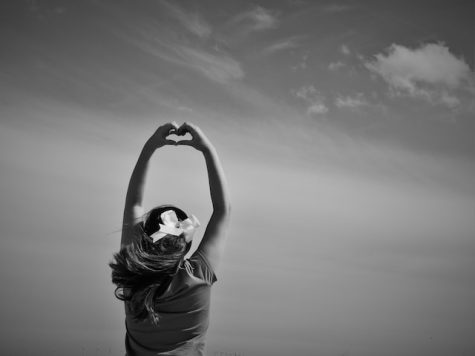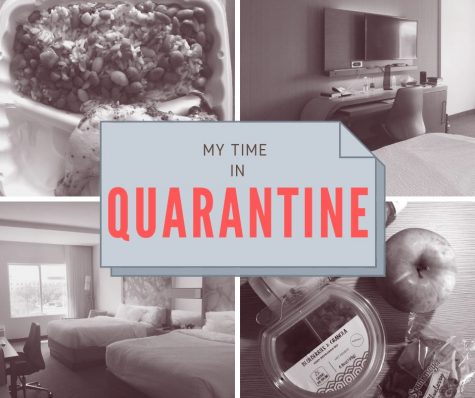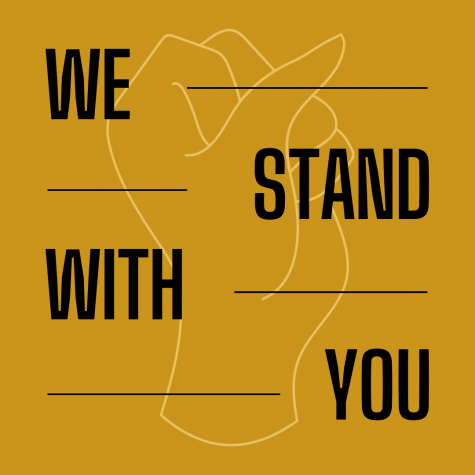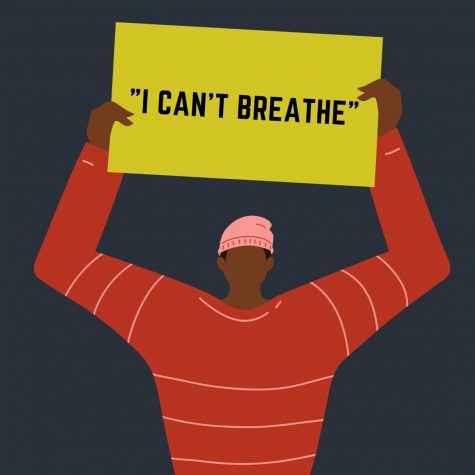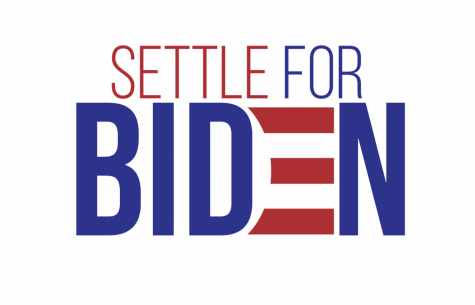Halloween Dangers: Have They Gotten Worse?
It’s that time of the year when parents send their kids off to trick-or-treat as dusk falls. They can be found in comical and scary costumes, coming back with mounds of Halloween candy, and jack-o-lanterns can be seen outside every door.
Halloween is filled with fun for many, but it’s more dangerous than it used to be due to today’s society.
I’m a naturally paranoid person, erring on the side of caution most of the time. So the thought of children taking candy from strangers in the dark of the night isn’t the most settling. I used to do it all the time as a kid, but now I’d think twice about it.
Apparently my paranoia isn’t completely ridiculous. I’d like to think that these seemingly innocent strangers just want to contribute to the festivities, but in recent years that hasn’t been the case. At least not when razors are found in Snickers bars or Nerd Ropes are laced with THC. According to New York Post, marijuana-laced sweets, bags of ecstasy pills, and candy that tested positive for methamphetamines are just a few of the things that have been found.
Essentially, children and adults alike may be more at risk than they used to be as even something as harmless as Halloween candy can now put people at risk.
Our society also poses certain concerns, the most prominent in relation to Halloween being that of cultural appropriation when it comes to Halloween costumes. There’s a huge debate over what should and shouldn’t be worn; whether people are too sensitive or the costumes are simply too much.
It boils down to respect. Cultural appropriation is a matter of using elements of a certain culture without their permission.
So, in terms of Halloween costumes, it can come off as disrespectful when aspects of a minority are used for society’s entertainment, especially if it’s from the position of someone who is more privileged.
USA Today brings up an important point that minorities “experience prejudice all year long, so seeing the people who discriminate against them (intentionally or not) dressing up as them on Halloween can be deeply offensive.”
It’s a line that can be hard to distinguish, but is an important one between respect and appropriation.
The Week makes the point that “the more marginalised group doesn’t get a say, while their heritage is deployed by someone in a position of greater privilege – for fun or fashion, perhaps, and out of a place of ignorance rather than knowledge of that culture.” So if you have to question whether its okay to wear it or if it may be offensive to someone, it’s safer to simply not wear it at all.
It’s a matter of being conscious and cautious. I’m not trying to discourage anyone’s fun here, because Halloween is one of the most exciting times of the year for many. We can’t deny that Halloween has faced some significant changes over the years but I think it will always continue to be a time of fun and festivities.

Calista is an opinion writer for the Reporter. She is an English major and hopes to one day work in the publishing industry. She loves to read, is slightly...

Natalie Bergeron is the Multimedia Director for Hatter Network. She is an environmental science major with a lively passion for plants. She loves music...


